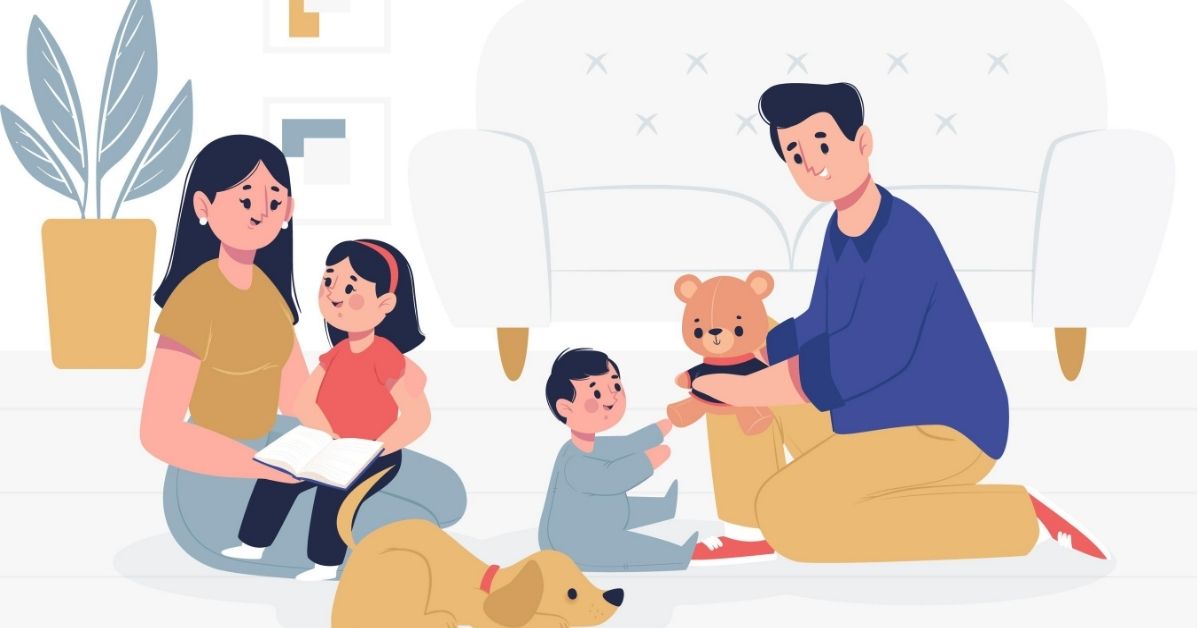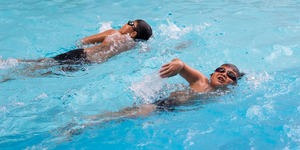OnlyFans has emerged as a controversial platform, particularly among parents concerned about the potential dangers it poses to their children. While it serves as a space for various content creators, including fitness trainers and musicians, it is predominantly known for hosting sexually explicit material. This dual nature of the platform makes it imperative for parents to understand its implications and how it can impact their children.
Understanding OnlyFans
OnlyFans is a subscription-based service that allows creators to monetize their content, primarily through monthly subscriptions, tips, and pay-per-view options. Launched in 2016, the platform saw a significant overflow in popularity during the COVID-19 pandemic, with its user base skyrocketing from 10 million to over 100 million in just a year. The allure of easy money and the potential for fame have drawn many individuals, including minors, to the platform, often leading them down a precarious path.
The Dangers of OnlyFans
Exposure to Adult Content
One of the most pressing concerns is the exposure of minors to adult content. Despite OnlyFans' age restrictions, significant loopholes allow underage users to bypass these barriers. Reports have indicated that children as young as ten have created accounts using fake IDs or even their parents' identification. This exposure can lead to a distorted understanding of relationships and sexuality, as children may confuse the performances they see with real-life expectations.
Exploitation and Coercion
The platform's structure can also facilitate exploitation. Young creators may initially join to share hobbies or talents but can quickly find themselves pressured to produce more explicit content to satisfy subscriber demands. This pressure can escalate to coercion, where subscribers may threaten to leak private images or videos unless the creator complies with their requests. Such situations can lead to severe emotional distress and long-lasting psychological effects.
Digital Footprint and Privacy Risks
Content shared on OnlyFans can have a permanent digital footprint. Once something is published online, removing it can be challenging, potentially affecting a young person's future, including college admissions and job opportunities. Additionally, the platform's lack of robust privacy controls raises concerns about data security, as minors may inadvertently share personal information that could be misused.
Mental Health Implications
The quest for validation through likes, shares, and subscriptions can lead to psychological issues such as anxiety, depression, and body image concerns. The constant need to produce content and engage with followers can create an unhealthy obsession, particularly among young users who may not be equipped to handle such pressures.
How Parents Can Address the Issue!
Open Communication
The first step in addressing the risks that come with OnlyFans is to foster open communication with your children. Discuss the platform's nature, potential dangers, and the importance of making informed choices. Encourage your kids to share what they know about OnlyFans and similar platforms, creating a safe space for dialogue.
Educate About Digital Footprints
Teach your children about the concept of a digital footprint and how their online activities can have lasting consequences. Emphasize the importance of privacy and the risks associated with sharing personal information online. Help them understand that once something is posted, it may never truly be erased.
Encourage Healthy Alternatives
Guide your children toward healthier ways to earn money or express themselves creatively. Discuss various hobbies, skills, or entrepreneurial ventures that do not involve the risks associated with platforms like OnlyFans. Please encourage them to explore their interests in safe and constructive environments.
Implement Parental Controls
While OnlyFans does not allow minors to create accounts, monitoring your child's online activity is essential. Use parental control software to deny access to inappropriate content and educate them about safe internet practices. Regularly check in on their online habits and the platforms they use.
Be a Role Model
As a parent, your actions set a precedent for your children. Model healthy online behavior and demonstrate the importance of privacy and protection in the digital age. Share your experiences and the lessons you've learned about navigating the internet responsibly.
Conclusion
While it is impossible to shield children from every potential danger online, parents can be crucial in guiding them toward making better choices. Understanding the complexities of platforms like OnlyFans and fostering open communication can help equip children with the tools they need to navigate the digital world safely. By addressing the risks head-on and promoting healthy alternatives, parents can empower their children to make informed decisions about their online presence.








